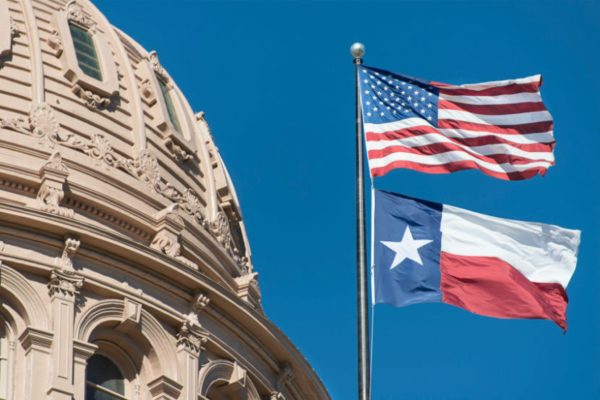Moments after the Texas Senate followed the House in adjourning a day before the special session expired, Lt. Gov. Dan Patrick said he was “most unhappy” with the fact that the House “quit on the taxpayers of Texas.” The next day, Gov. Greg Abbott said of the House not taking votes on bills addressing all 20 of his priorities, “The voters of the state of Texas deserved to know where their legislators stood on these issues.”
While these statements and the media coverage that followed leave the impression that Texans en masse were clamoring for legislative action, public opinion polling tells a different story. That the agenda of the special session was driven more by politics than by the wishes of all Texas voters — or, for that matter, even by agitation among conservatives.
Although Abbott, Patrick and the leadership of some of the state’s most vocal conservative interest groups suggested that there was widespread public demand for more action, polling we conducted on behalf of The University of Texas at Austin and The Texas Tribune at the end of the regular session suggested significant conservative contentment with the results of the 85th Legislature — and thus, little active demand for more legislation.
Whether the level of success achieved during the special session is a glass half full or half empty in the eyes of conservatives, the strong enforcement measures aimed at undocumented immigrants contained in Senate Bill 4 were by far the most important items to be delivered.
Immigration and border security are perennially cited by large majorities of Texas Republicans as the most important problem facing the state during the past several years of polling. It is not surprising that the most ideological and committed conservative primary voters expressed high levels of job approval for the Legislature, the governor and the lieutenant governor. The legislative agenda reflected their preferences (as well as fiscal constraints), and the Legislature gave them much of what they wanted.
But herein lies the puzzle of the message that the Legislature has somehow let down conservatives, who are — we are told — now disappointed that the special session did not produce more. If the special session and its conservative agenda wasn’t the result of a groundswell of demand, what explains it?
The transition from legislative sessions preceding nonpresidential election years in which statewide officials are elected is always colored by the upcoming elections, but this transition has been particularly fraught with politics.
Both Abbott and Patrick will soon seek re-election to their offices, making them very attentive to the Republican primary electorate — an engaged group of very conservative voters. This attention demonstrates their dedication to claiming credit for conservative legislative accomplishment, and to assigning blame for failures.
From the outset, the governor could count on his ability to claim credit for whatever successes emerged, and blame the failures on the legislative branch. Even if his statements single out the House, to the casual listener some of the criticism inevitably also falls on the Senate — and the lieutenant governor.
Not one to shy away from promoting his own interpretation of events, the lieutenant governor can cast blame on the leadership of the House for disappointing him and the governor, as well as conservatives across Texas.
Both officials may now invoke the voters’ role in passing final judgment in next year’s Republican primaries, just as Abbott punctuated his criticism of the House speaker in a talk radio interview the day after the session ended, saying, “That’s why elections matter.”
Equally predictably amid the incoming criticism from the governor and lieutenant governor, House Speaker Joe Straus has affirmed his view that he followed the will of the body to focus on the important business of the state, and avoided dangerous and divisive measures. Expect him now to do what successful House speakers have done for time immemorial: get out of the limelight as much as possible.
No matter how the particulars are parsed, the origins of the special session, its tepid product and the rhetoric in its aftermath are rooted more in the politics of the elite players with an eye on primary season than in a surge of public demand from the majority of Texans.
Jim Henson is the director of the Texas Politics Project at The University of Texas at Austin. Joshua Blank is manager of polling and research of the Texas Politics Project at The University of Texas at Austin.
A version of this op-ed appeared in USA Today, San Antonio Express News, McAllen Monitor, Corpus Christi Caller Times, Waco Tribune Herald, and the Austin American Statesman.
To view more op-eds from Texas Perspectives, click here.
Like us on Facebook.




